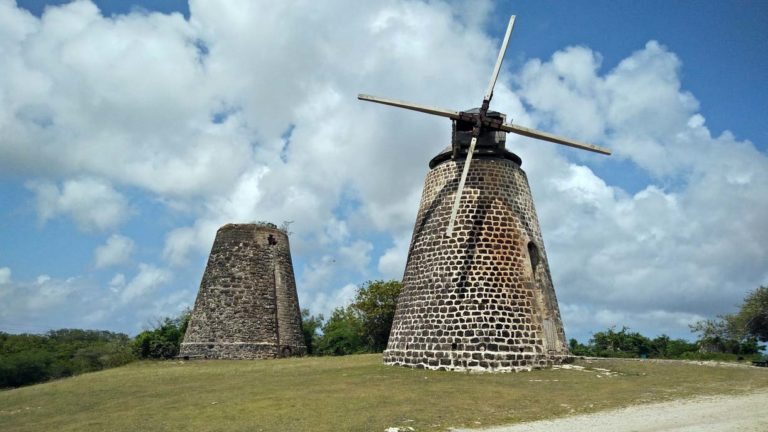National Parks and Italian Gov’t to collaborate on solutions to repair heritage sites while preserving their integrity
The Italian Government reportedly will be assisting the National Parks Authority with the heritage-management challenges it is facing in the Nelson’s Dockyard National Park due to sea-level rise, coastal erosion, and financial sustainability.
After repeated visits to the island, Ambassador Gianni Piccato reportedly has expressed keen interest in the ways in which Italy could partner with Antigua and Barbuda to bring about solutions.
Accordingly, Piccato organized a delegation from the Italian Government, which visited Antigua and Barbuda on May 14 and 15.
The delegation included an expert from the organization that is responsible for protecting the city of Venice, Italy, against rising sea levels, flooding, and degradation of the historic city.
The heritage managers at the World Heritage Site of Venice are well positioned to lend their experience to the Dockyard and other related archaeological and UNESCO World Heritage Sites, a release from the National Parks says.
During discussions with the delegation, the National Parks identified several areas where technical assistance is needed – including the feasibility of solar tile technology.
Reportedly, with solar tiles, photovoltaic panels are disguised as common roofing materials, like wooden shingles, but are able to produce solar power.
“Not only are they aesthetically pleasing and can pass as the real materials, but the tiles are also integrated into the roof system, making them significantly more hurricane resistant than traditional solar panels,” the release says.
Reportedly, a company has already committed to prototyping designs for the Dockyard’s wallaba shingles.
Foreign Affairs Minister Paul “Chet” Greene, under whose ministry the National Parks falls, hailed this collaboration.
“We are putting Antigua and Barbuda and our heritage sites on the international map [when] serious professionals are asking to collaborate with our institutions like the National Park,” Greene says.
He hopes that the technology and learning opportunities being piloted here can be expanded to the rest of the country and the region, with Antigua and Barbuda leading the way in sustainable climate adaptation that is in keeping with our heritage sites.




